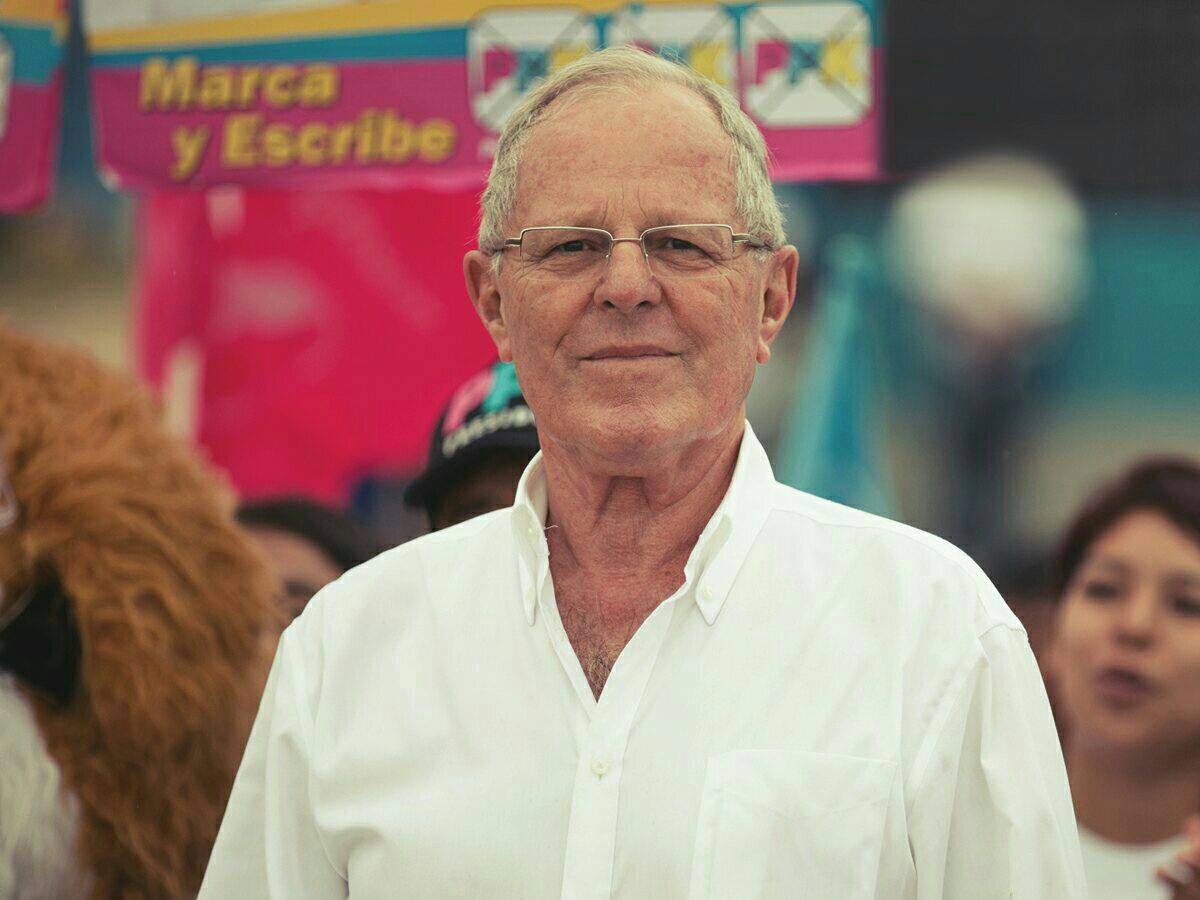
For Pedro Pablo Kuczynski, the hardest part of Peru’s two-stage presidential election might be making it into June’s runoff. ![]()
It was no surprise that Keiko Fujimori, the daughter of former president Alberto Fujimori, a controversial figure now serving a prison sentence for human rights abuses during his time in office from 1990 to 2000, would win the first round of the election on Sunday.
Quick counts and initial results show that Fujimori, as predicted, easily won the first round with around 39.5% of the vote.
* * * * *
RELATED: Fujimori’s daughter leads as
Peru faces June presidential runoff
* * * * *
Kuczynski, nearly universally known as ‘PPK’ in Peru, was winning around 23.7% of the vote, enough to edge out the third-placed candidate, left-wing Verónika Mendoza, who was winning around 17.1% of the vote.
The results all but assure that Kuczynski will emerge as Fujimori’s challenger in the June 5 runoff — a choice that many Peruvians wanted in the 2011 election.
Five years ago, it was leftist Ollanta Humala who won the first round, while Fujimori placed second, eliminating Kuczynski from the runoff in what many voters considered a worst-case scenario. On one hand, they could support a former army officer with a spotty military record and with ties to the radical left; on the other hand, the daughter of an anti-democratic authoritarian.
PPK’s apparent victory over Mendoza this year means that the 2016 runoff will be far less ideological than the 2011 runoff, instead featuring two candidates who espouse the kind of orthodox economic views that have dominated Peruvian governance since since the 1990s (even, perhaps surprisingly, during the Humala administration).
One of the central policies of Keiko Fujimori’s campaign has been a promise to use some of Peru’s $8 billion ‘rainy-day’ fund to stimulate spending on infrastructure and other projects to develop rural Peru. That means she will, on economic matters at least, be running to the left of PPK, who has called for budget discipline and pro-business policies that include a modest sales tax cut. Both candidates have signaled that they want to curb Peru’s growing coca production, and both candidates want to work to give local communities a greater share of profits from gold and copper mining that have boosted the Peruvian economy.
Polls show that the runoff will be competitive, despite Fujimori’s wide first-round victory. An average of four polls conducted in April before Sunday’s first-round voting gave Fujimori a statistically insignificant lead of 41.6% to 39.8%. Continue reading PPK has chance to unite anti-Fujimori voters in June runoff
